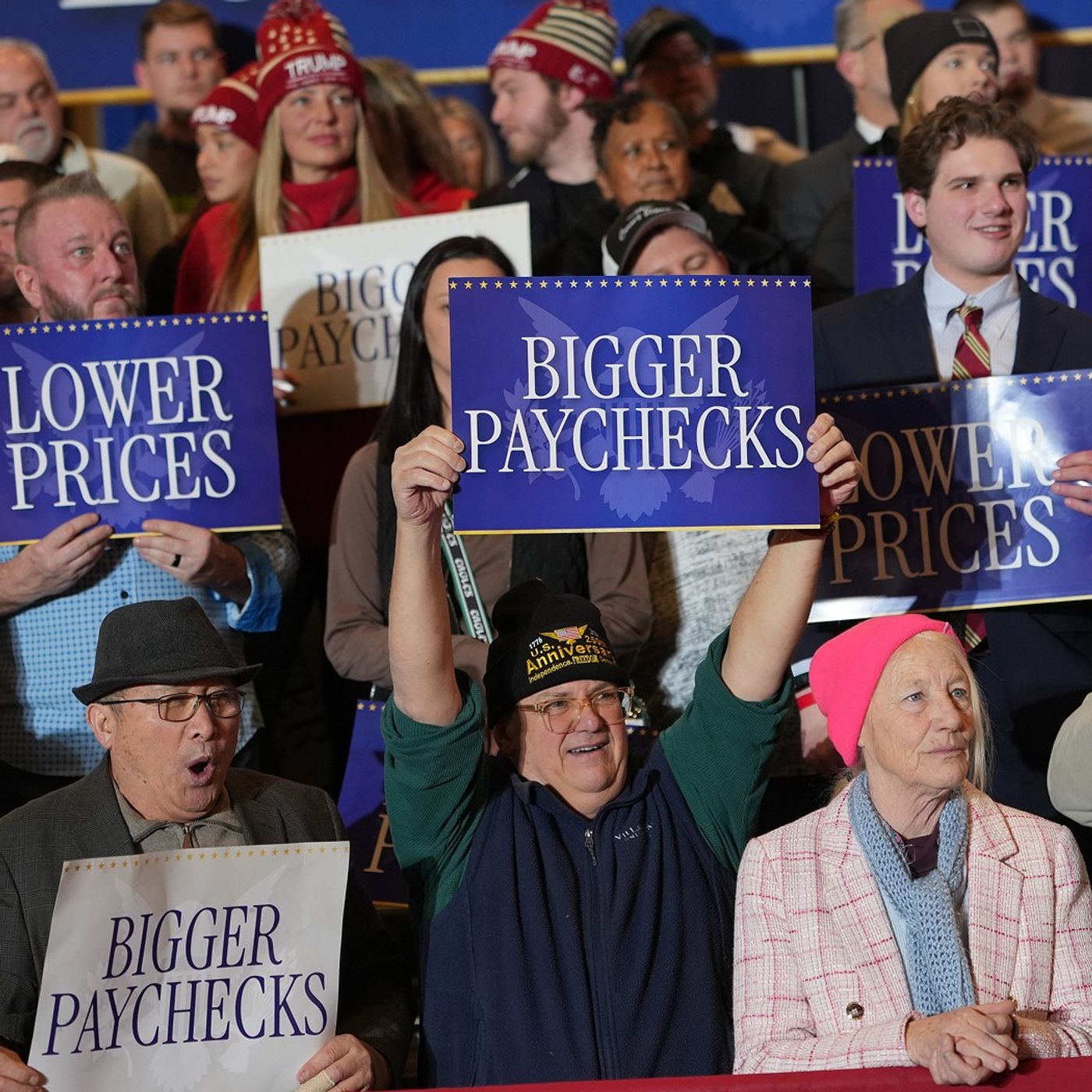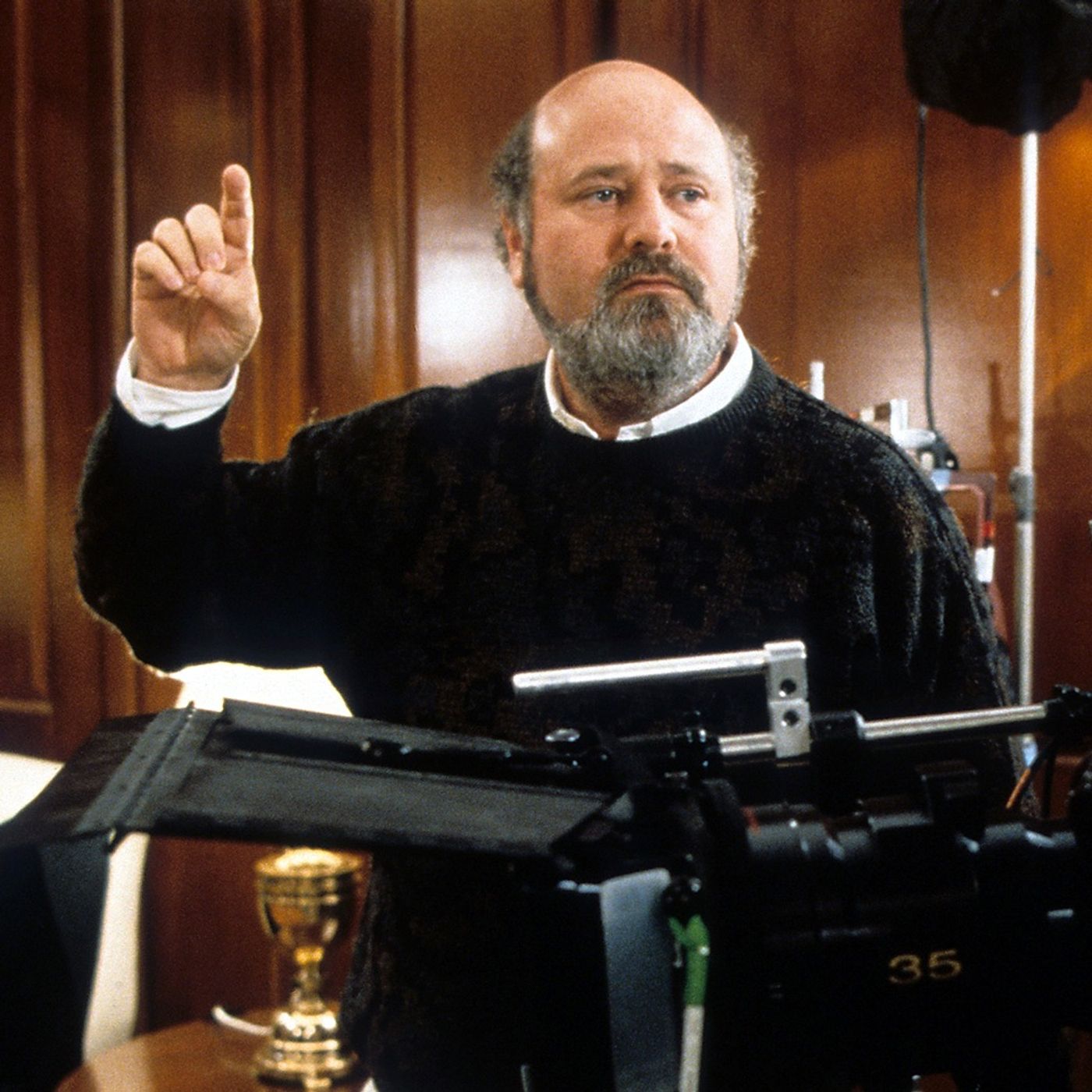‘The Pyrotechnics of Puzzles:’ How NYT Games Are Made
In a special, subscriber-only episode of “The Daily,” a team of editors from The New York Times’s Games department takes us behind the scenes.
Wyna Liu, Joel Fagliano and Sam Ezersky discuss what goes into making games such as the Mini Crossword, Connections, the Spelling Bee and more.
Wyna Liu, Joel Fagliano and Sam Ezersky discuss what goes into making games such as the Mini Crossword, Connections, the Spelling Bee and more.
Press play and read along
Transcript
Transcript is processing—check back soon.
The Daily — ‘The Pyrotechnics of Puzzles:’ How NYT Games Are Made




